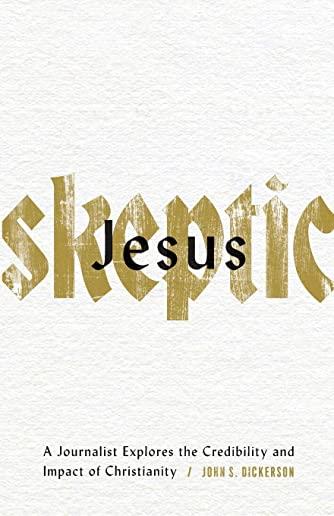
description
theological ethics not only reveals basic virtue ethical characteristics, but also contributes significantly to a viable contemporary virtue ethics. Pieter Vos demonstrates that post-Reformation theological ethics still understands the good in terms of the good life, takes virtues as necessary for living the good life and considers human nature as a source of moral knowledge. Vos approaches Protestant theology as an important bridge between pre-modern virtue ethics, shaped by Aristotle and transformed by Augustine of Hippo, and late modern understandings of morality. The volume covers a range of topics, going from eudaimonism and Calvinist ethics to Reformed scholastic virtue ethics and character formation in the work of S ren Kierkegaard. The author shows how Protestantism has articulated other-centered virtues from a theology of grace, affirmed ordinary life and emphasized the need of transformation of this life and its orders. Engaging with philosophy of the art of living, Neo-Aristotelianism and exemplarist ethics, he develops constructive contributions to a contemporary virtue ethics.
member goods
No member items were found under this heading.
Return Policy
All sales are final
Shipping
No special shipping considerations available.
Shipping fees determined at checkout.







